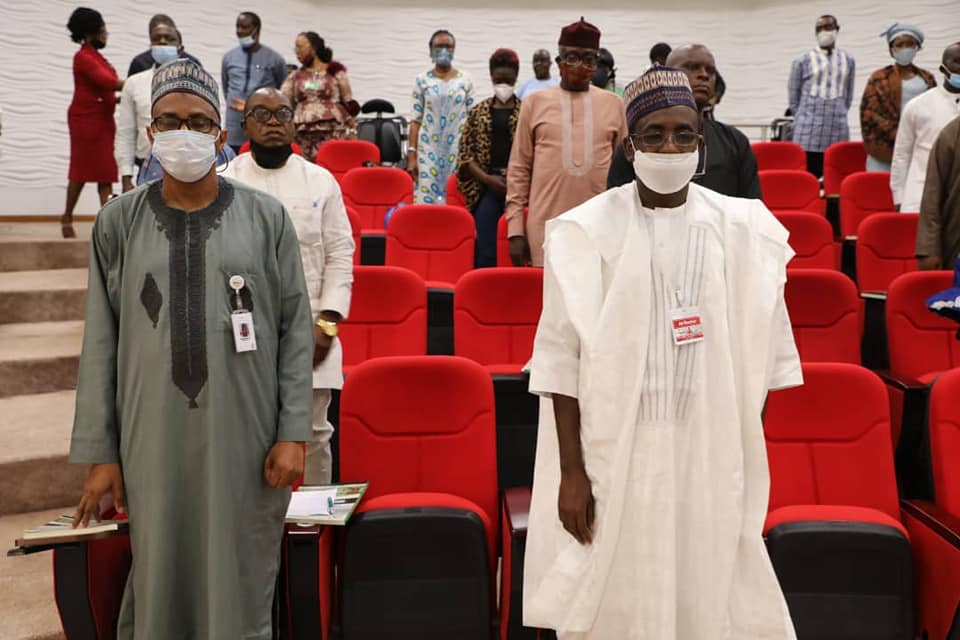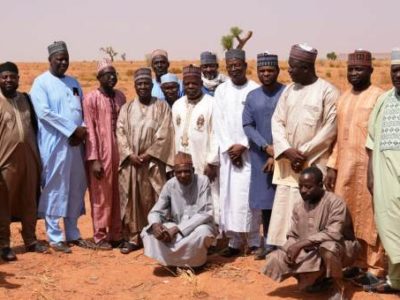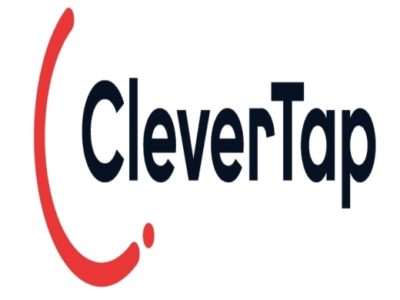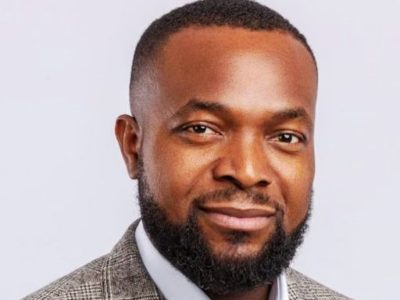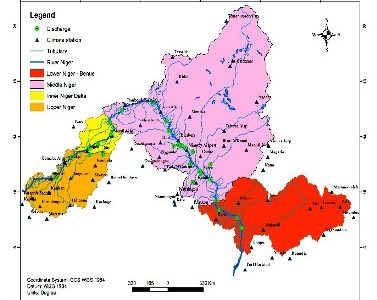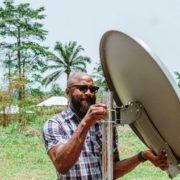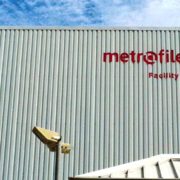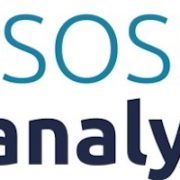On 6th May 2017, the Economist published a story “The world’s most valuable resource is no longer oil, but data.” Since then, the topic has generated a buzz phrase, “Data is the new oil,” and a great deal of discussion about big data.
The problem is that the discussion usually focuses on why this is a bad thing. Sure, there are legitimate concerns about how tech giants are exploiting what they know about us. But at the same time, there are thousands of ways in which all this data can improve our economy.
The phrase “Data is the new oil” exposes certain similarities between data and oil. Just like oil, data needs refining before its actual value can be unlocked. Data also needs exploration and processing to extract its value or meaning significantly.
However, this analogy is not always correct due to some dis-similarities between data and oil. In contrast, oil is a finite resource, and data is infinite and reusable, data also has more varieties than oil, and can easily be moved and transported from one point to the other.
As we embarked on our journey to Digital Nigeria, we need to lay a strong foundation for its corresponding economy, the digital economy. On the one hand, the physical world, as you know it today, is driven by physical natural resources, foremost among which is oil, but on the other hand, data is the primary resource that drives the digital economy.
It will amaze you to know that developed countries are already using big-data for:
- monetary and fiscal policy formulation;
- Anti-Money Laundering (AML);
- Combating the Financing of Terrorism (CFT);
- Crime prediction and prevention (also called Digital Policing);
- Immigration control;
- National defence/security management;
- National planning and budgeting;
- Disaster prevention and management – among other uses.
To build a Digital Nigeria with a strong Digital Economy, we need to meet two criteria. Firstly we need to understand the digital needs and peculiarities of our citizens and develop policy and strategy. Our Ministry has achieved this under the leadership of Dr Isa Ali Ibrahim Pantami, the HM of Communications and Digital Economy. Secondly, we need a solid strategy for the exploration and management of our vital resource that drives Digital Nation and Digital Economy, which is data.
The essence of this Data Summit is to help us as a country meet the second criteria for building a successful digital nation and its corresponding digital economy —that is, a solid strategy for data exploration and management.
Consequently, we are going to leverage the outcome of this summit and other existing national data regulations, guidelines, standards, and policies to develop a solid national data exploration and management strategy for our digital landscape. The strategy is aimed to achieve three objectives
- Firstly, identify action items to transform the Nigerian big data landscape and help the government to develop the capabilities required for effective data exploration and management.
- Secondly, to develop a comprehensive and time-bound roadmap of how we are going to explore and manage our big data.
- Thirdly, to come up with an execution plan on how to close the gap between where we are currently and where we desire to be in the area of data exploration and management.
By and large, the initiative is in line with President Muhammadu Buhari’s campaign promise in the area of Security, Economy, and Anti-corruption. If we harness data exploration, it will help us to improve our economy, fight corruption, and insecurity smartly.
Now that you know the objectives of this submit, I, therefore, invite you to contribute meaningfully on how we can Leverage Data exploration to build Digital Nigeria with a robust corresponding Digital Economy.
This is part of the opening address of the Director General of NITDA, Mallam Kashifu Inuwa Abdullahi, at the 2nd Nigeria Data Summit.


